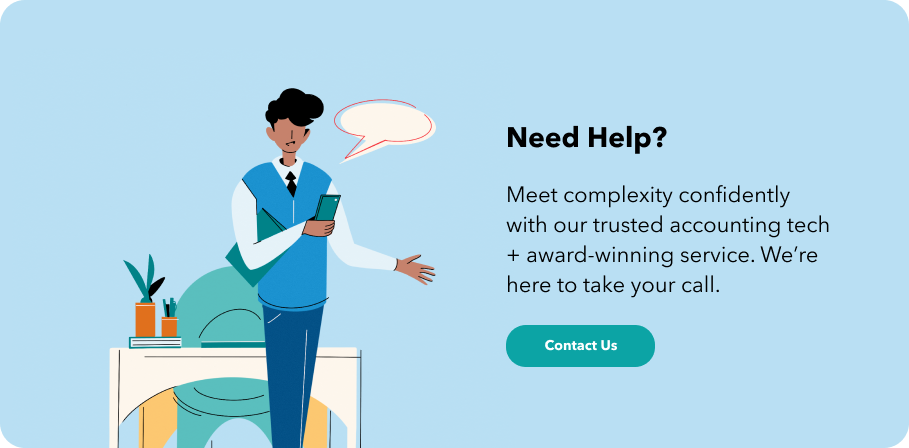Automated accounting saves time on, well, counting, and sorting, comparing, and categorizing data. Instead, automating such tasks enables accounting professionals to focus on building scenarios, testing for desired outcomes, and advising business decisions with richer insight.
What effect does automation have on accounting processes that we don’t see?
Automating accounting affects your business
Maybe it’s just the articles that I read, but there seems to be a significant focus on how automated accounting processes will end the profession as we know it. So, for the next few minutes, here is some food for thought on how automated accounting affects your business.
Faster, better, stronger machines
There is a scene in Harry Potter and the Deathly Hallows: Part 1 where Harry, disguised as a Ministry of Magic employee, disrupts the work of tens of workers.
I wonder. If they were magical workers, what would their jobs be?
You might wonder whether automated accounting software will replace the work of human accountants. As a computerized accounting system eliminates paper chasing, sorting, and reordering in excel, what are accounting clerks and bookkeepers to do?
The first trade-off of automating accounting is transferring specific tasks, once the bread and butter of accounting staff, to machines.
The Journal of Accountancy has written a bit about how technology and automation changed the accounting profession. Automation processes data faster, better, and stronger than humans. As if by magic, computers can make mammoth data sets appear as sums, charts, and graphs on a dashboard for us to use any time of the day or night. That may sound worse for accounting (it isn’t!). However, automation is undoubtedly better for an accountancy firm’s clients or your business. We hope.
Everyone starts somewhere with business operations. We put together a guide on understanding your finances to get you off and running!
Unlimited Enterprise
Imagine an accounting team that operates with the technological aptitude of the crew aboard the Starship Enterprise. As advances in technology continue to revolutionize core business functions (accounting included), businesses must adapt to artificial intelligence and embrace the future.
Automation takes data out of the accounting staff’s hands (literally). An automated accounting system integrates your company’s data across a cloud accounting general ledger, accounts payable, CRM, and payroll systems. The technology is here that partners robotic process automation with your accounting team.
The second trade-off of an automated accounting system is replacing lower-skilled tasks with higher-skilled ones. What accounting does with the information—the judgment work—will power business in novel and imaginative ways.
The promise of greater understanding of and facility with automation (and someday, artificial general intelligence) is an unlimited enterprise.
Now and later investment
Five years ago, Viewpost surveyed 5,000 SMBs about their use of accounting software, and only one in five had integrated their accounting software with an AP or invoicing app. Those who hadn’t automated their AP pointed to the cost as one of three main barriers to adoption. The other two barriers to automation mentioned were security concerns and time to implement. That same year, AccountingToday.com found that 45 percent of small accounting firms had implemented accounting software into their practice. One approach focused on the here and now, while the other looked for what happens later.
Accountants saw the value of automating AP, invoicing, and other accounting transactions from a business standpoint. Accounting service firms invested in technology and training to provide a higher level of service that businesses would need in the future.
The third trade-off of advancing with technology (rather than waiting and watching) is the money and time it takes to implement before you see a return on investment.
Of course, the opportunity cost of swimming upstream against intelligent automation is that you will be left behind.
Automation is sprinting to the future
Tony Stark never stopped improving his suit of armor and the systems supporting him and the Avengers. Don’t we wish we could all be gazillionaires like Tony?
This leads to the fourth and final trade-off of automating accounting: automate accounting and sacrifice ROI from automation.
What?
Automation of core business processes is full speed ahead, but companies that adopt AI need a structure and commitment to automating for the desired outcomes from the entire organization.
“It’s also striking that some of the biggest gaps between AI high performers and others aren’t only in technical areas, such as using complex AI-modeling techniques, but also in the human aspects of AI, such as the alignment of senior executives around AI strategy and adoption of standard execution processes to scale AI across an organization.” — Bryce Hall, McKinsey
Harness automation and pace your business for future efficiency, innovation, and value.
Need some sound advice? inDinero offers an at-the-ready system of tracking your business financials. Our human approach to streamlining your corporate finance and accounting is your peace of mind. Schedule a call with our experts today.
Quick Note: This article is provided for informational purposes only, and is not legal, financial, accounting, or tax advice. You should consult appropriate professionals for advice on your specific situation. inDinero assumes no liability for actions taken in reliance upon the information contained herein.




